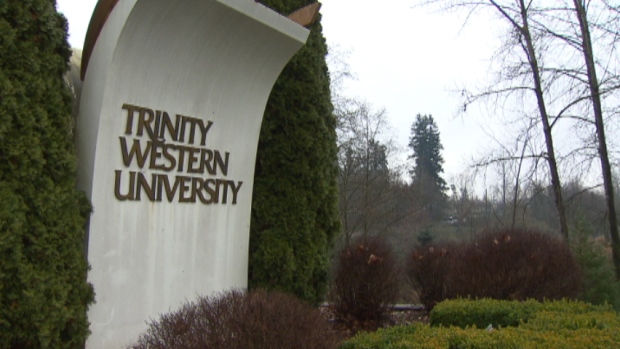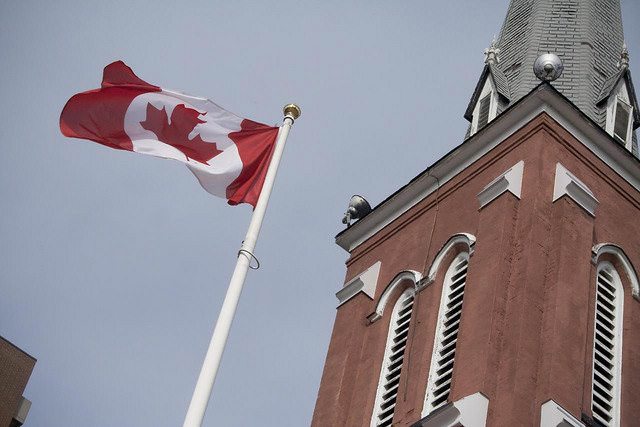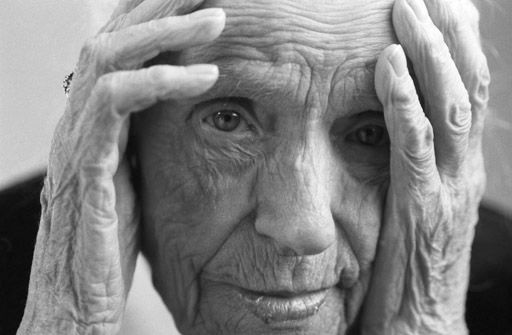By Jonathon Van Maren
Many of you have been following the case of British Columbia’s Trinity Western University for quite some time. With Canadian law societies claiming that law students from a university with Christian principles would be too warped and bigoted by those principles to practice law in Canadian society, the case winding its way to the Supreme Court of Canada is one of the most consequential for religious freedom in over a decade. If Trinity Western loses the case, it will confirm in law what many progressive politicians already affirm in the actions they are taking against Christian schools across the country: Christians, based on their beliefs in biblical sexuality, are now second-class citizens.
Last week, Trinity Western University President Bob Kuhn sent out an email updating TWU alumni on the progress of the case—and included some jarring new developments:
Dear TWU Alumni,
I wanted to let you all know that in two weeks, on Nov. 30 and Dec. 1, the Supreme Court of Canada will hear arguments in Trinity Western’s case to have a law school. There has been a significant change in the Law Societies’ position since this case began, and I believe it is important that every member of the Trinity community understand this change.
The Law Society of Upper Canada (Ontario) now says that it must reject Trinity Western not just because of Trinity’s position on marriage, but also because of our “distinctly Christian” environment. In its written argument filed with the Supreme Court of Canada, the Law Society highlighted every part of the Community Covenant it found discriminatory. The first two highlighted words were “Jesus Christ.” It has become apparent that along with the Christian virtues that we commit to practice, the law societies wish to prohibit the very faith that distinguishes this University.
I recognize that not everyone in our Trinity Western community agrees with the way marriage is defined in the Community Covenant. It is my sincere hope and prayer that, while our sometimes divergent views may be strongly held, we would stand together as a community, sustaining the distinctives that have made Trinity Western University all that it is today. I would ask that you join me, and many others across this country and beyond, in prayer for a constructive outcome that would benefit the community as a whole, while providing a deeply caring environment for all individuals who comprise this community.
I do not propose to set out the legal issues, nor argue the merits of the position that we have taken consistent with both well-established legal principles and the Christian values upon which Trinity Western was founded. A full explanation of the issues and links to the various relevant documents setting out the arguments can be found at our new resource website here. You can also visit our pray for freedom site for an additional supporting resource.
In preparing myself for the challenges we are facing I have placed directly in my line of sight under my computer screen the words of Christ found in John 16:33. “In this world you will have trouble. But take heart! I have overcome the world.” This is not a time to be discouraged (I will share my own battles with discouragement in Chapel Tuesday of next week, November 21). This is a time to come boldly before the throne of God with our prayers for peace that only He can give as we submit to Him.
As always, my door remains open for discussions with any member of our Trinity Western community.
In His Service,
Bob Kuhn
The current cultural climate has emboldened progressive activists who would have once insisted that there is no incompatibility between the society they want and the truths that Christ preached are beginning, slowly but surely, to abandon those feeble fictions. It is Christ Himself, as the Law Society for Upper Canada admits, Who is the problem. The lawyers must feel that they are pushing at an open door: After all, a poll earlier this year showed that over half of Canadians felt that religion does more harm than good.
Trinity Western University is one of the canaries in the coal mine, and we should all be watching it very closely.
____________________________________________________
For anyone interested, my book on The Culture War, which analyzes the journey our culture has taken from the way it was to the way it is and examines the Sexual Revolution, hook-up culture, the rise of the porn plague, abortion, commodity culture, euthanasia, and the gay rights movement, is available for sale here.









I don’t know why I’m writing this, as I know it won’t be put up, except I can’t stay silent in the face of these lies. Have you read the LSUC court document? Because I have, and Jesus isn’t mentioned anywhere in it.
I think it’s Law Society of *Upper* Canada.
then why are they following islam a religion that made a covenant with death, they glorify death, re their suicide bombers. and ours isnt a religion it is a deep faith that Jesus Christ is our Lord and savior, who will never leave us or forsake us. God bless
then why are they following islam a religion that made a covenant with death, they glorify death, re their suicide bombers. and ours isnt a but a worship of the Lord God of Israel and His commandments who sent Christ Jesus to redeem us from our sinfull ways. it is a deep faith that Jesus Christ is our Lord and savior, who sealed the new covenant with His blood see Jeremiah 31 verse 31 God bless
From the Law Society of Upper Canada’s submissions:
“6. By contrast, as a condition of admission to its proposed law school, TWU will require
students to agree to and sign a “Community Covenant” that will exclude prospective law students
from attending TWU on the basis of personal characteristics (sexual orientation, gender, religion)
that are irrelevant to merit and the intrinsic worthiness of prospective law students.
7. It is self-evident that, but for TWU’s contention that its freedom of religion justifies its
accreditation notwithstanding its discriminatory admissions’ policy, there could be no valid
objection to the Law Society’s refusal to accredit a proposed law school with such a policy. TWU’s
invocation of its freedom of religion does not provide any such justification.
8. However broad freedom of religion may be in the private sphere, it cannot be used to force
the Law Society to effectively adopt the admissions policy of TWU as its own. In the public sphere,
which TWU has chosen to enter, no individual right can be absolute since, in that context,
fundamental freedoms must be limited to protect and accommodate equally the rights and
freedoms of others. TWU accepts this reality by recognizing that, once called to the bar, no lawyer
(including Evangelical Christians) can lawfully discriminate by refusing to represent a client or
hire an employee on discriminatory grounds. Similarly, it is not disputed that the Law Society
could not adopt the Covenant or another discriminatory admissions policy for the legal education
that the Law Society continues to provide itself through the bar admission program.
9. If it is ordered to accredit TWU as one of its third party providers of prerequisite legal
education, the Law Society will be compelled to do indirectly what it could not do if it offered this
education directly, namely, adopt a discriminatory restriction on who may gain access to the legal
education necessary to become a lawyer. This discrimination will be wholly inconsistent with the
Law Society’s function to ensure a competent bar. It will also be deeply offensive to excluded
minorities and the public served by lawyers since it will restrict access to prerequisite legal
education for reasons that have nothing to do with inherent merit.”
In other words, TWU can have it’s religion but it cannot force its religion on the Law Society.
For the curious: http://www.scc-csc.ca/case-dossier/info/af-ma-eng.aspx?cas=37209
This notion that TWU is ‘forcing its religion’ on the Law Society is ridiculous. The Law Society no more has religion forced on it from the individuals that privately hold and live by beliefs graduating from current law schools, than it would with a hundred graduates from TWU. This idea that ‘some’ can not be part of the ‘whole’ and retain their individualism or independence of background is wholly discriminatory and bigoted.
The bus for disabled people excludes the abled. This is freedom of association. Non Muslims are not permitted to visit Mecca. This too is freedom of association. Therefore, likewise a christian school can exclude those it feels do not align with it’s values. Secular schools do this constantly.